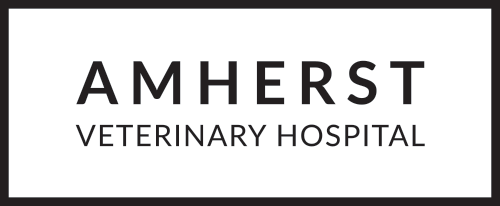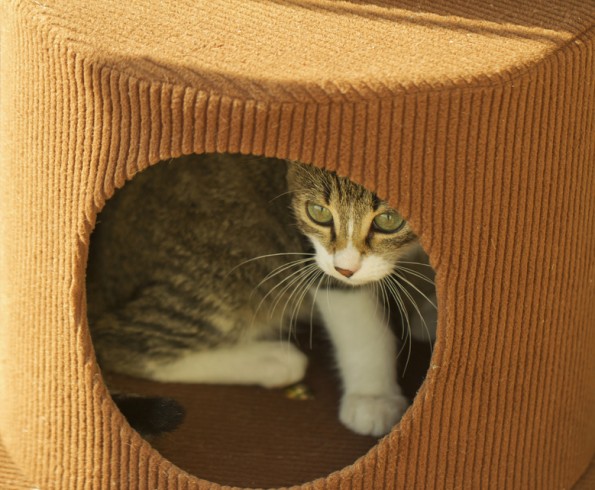A trip away is always filled with excitement and at least a little bit of stress ensuring that everything you leave behind is taken care of while you are away. If you are a pet owner, you are sure to remember to make arrangements for your pet’s care during your holiday but we often forget to inform our veterinarian of this change.
Why is this important? Because only the owners listed on your pet’s medical records have the authority to consent to veterinary care for your pet. What this means practically is that if your pet becomes ill during your trip and is brought in by a friend, neighbour or boarding facility, we at the veterinary hospital need your consent prior to proceeding with any therapeutic or diagnostic plans for your pet. Generally not a big deal but can be if your pet suddenly becomes critically ill.
Recently I saw a 13 year old dog, who we will call Zoe, who was brought in by her pet sitter. The owners had left the previous day on a month long adventure. The pet sitter awoke to Zoe having diarrhea and also noted that Zoe had not eaten since being dropped off. The pet sitter did not know if this was something that just started in the last 24 hours or has been an ongoing issue that the owners forgot to mention.
The physical exam was relatively normal except for Zoe’s weight having dropped compared to her visit 2 months earlier.The weight loss indicated that the poor appetite was a problem prior to the owner’s departure.
As a starting point to determine the cause of the poor appetite and diarrhea, I recommended bloodwork to assess Zoe’s white and red cell count and screen for issues with the liver, kidneys, pancreas and intestines. As well, fecal testing for infectious causes of diarrhea was indicated.
The pet sitter agreed these tests were necessary. The problem; the pet sitter was not the owner and the owner was currently in transit so we would not be able to contact her for at least a day or more.
According to our regulatory body, the College of Veterinarians of British Columbia (CVBC), we must obtain “informed consent before proceeding with a veterinary service”. In addition, the informed consent must come from the person who has the “legal authority to give consent” which by definition are the owners of the pet as listed on the pet’s medical records. https://www.cvbc.ca/Files/Bylaws-Policies/BYLAWS%20Part%204%20Ethics%20and%20Standards.pdf
In short, what this means is that although the pet sitter had good intentions for bringing Zoe in, she really did not have the authority to consent to any procedures for Zoe. If I were to proceed with the procedures, I was leaving myself open to reprimand by our board if a complaint was lodged in the future.
Of course if an animal is presented in distress or severe pain a veterinarian’s priority and mandate is to ensure the pet is stabilized and pain is controlled.
In Zoe’s case, since she was stable and her condition was not acutely urgent, we agreed we would wait until I could be in contact with the owner before proceeding further. Fortunately in Zoe’s case we were able to reach her owners the next day and the delay in diagnostic tests and treatment for the diarrhea did not adversely affect Zoe.
Zoe’s situation does highlight the necessity of making sure certain questions are addressed by pet owners prior to leaving their pet with someone else.
Do you want to be contacted prior to any veterinary intervention during your absence? Have you provided updated contact numbers to your pet sitter and veterinarian? Are you okay for your pet sitter to make medical decisions on your behalf? If so, have you made these wishes clear to your veterinarian?
Lastly, who will be covering the veterinary costs during your absence? Have you made the appropriate financial arrangements?
We have created a consent form that our clients can fill out prior to being away. This will help to ensure there are no uncertainties or delays in your pet’s care should your furry friend become ill during your holiday.
The form is found here and can be filled out online and will automatically be emailed to us at Amherst Veterinary Hospital. Enjoy your holiday!
Dr. Loretta Yuen D.V.M


